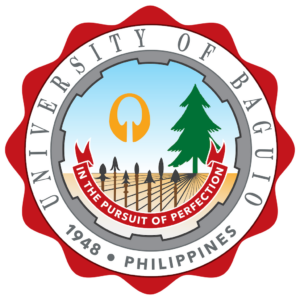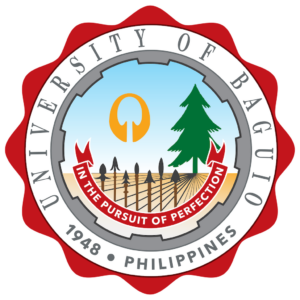Program Educational Objectives
Graduates of the Bachelor of Science in Business Administration Program are expected to have attained the following within 3 to 5 years after graduation:
- Exhibited commendable performance, knowledge, and skills in the field of business.
- Embarked on projects individually or in groups to resolve complex business situations.
- Adhered to ethical and moral standards in the workplace.
- Support sustainable development by conducting business research and formulating sound business decisions based on research findings. 5. Demonstrated significant involvement in corporate and non -corporate projects that contributed to economic returns for the company and the country.
Program Outcomes
A BSBA graduate should be able to:
- Perform basic functions of management such as planning, organizing, staffing, directing and controlling.
- Apply the basic concepts that underlie each of the functional areas of business (marketing, finance, human resources management, production and operations management, information technology, and strategic management) and employ these concepts in various situations.
- Analyze the business environment for strategic direction
- Demonstrate knowledge and understanding of the business and management principles and apply these to one’s own work, as a member and leader of a team to manage projects in multidisciplinary environments.
- Innovate business ideas based on emerging industry
- Act in recognition of ethical principles, professional responsibility and norms of business practices.
- Exercise high personal moral and ethical standards.
- Select the proper decision tools to critically, analytically, and creatively solve problems and drive results.
- Generate new knowledge using research and development projects
- Create, select, and apply appropriate techniques, resources, and modern business and IT tools including prediction and modeling to complex business activities with an understanding of the limitations.
- Prepare operational plans
- Manage a strategic business unit for economic sustainability
- Carry out researches that can be utilized by the community and in the business profession.
- Express oneself clearly and communicate effectively with stakeholders both in oral and written forms.



